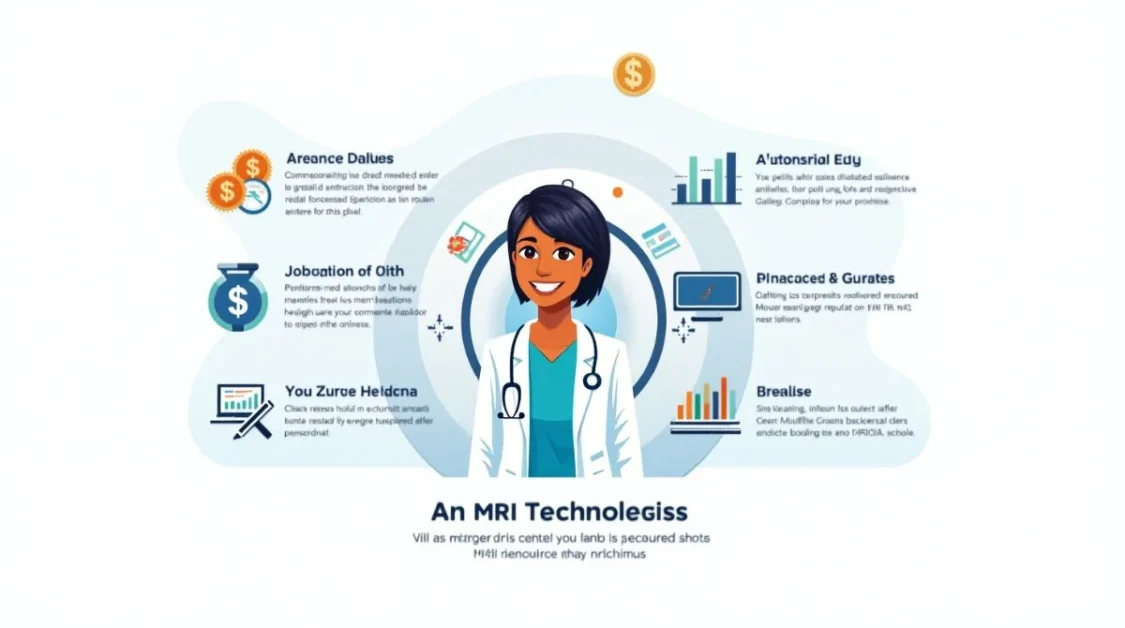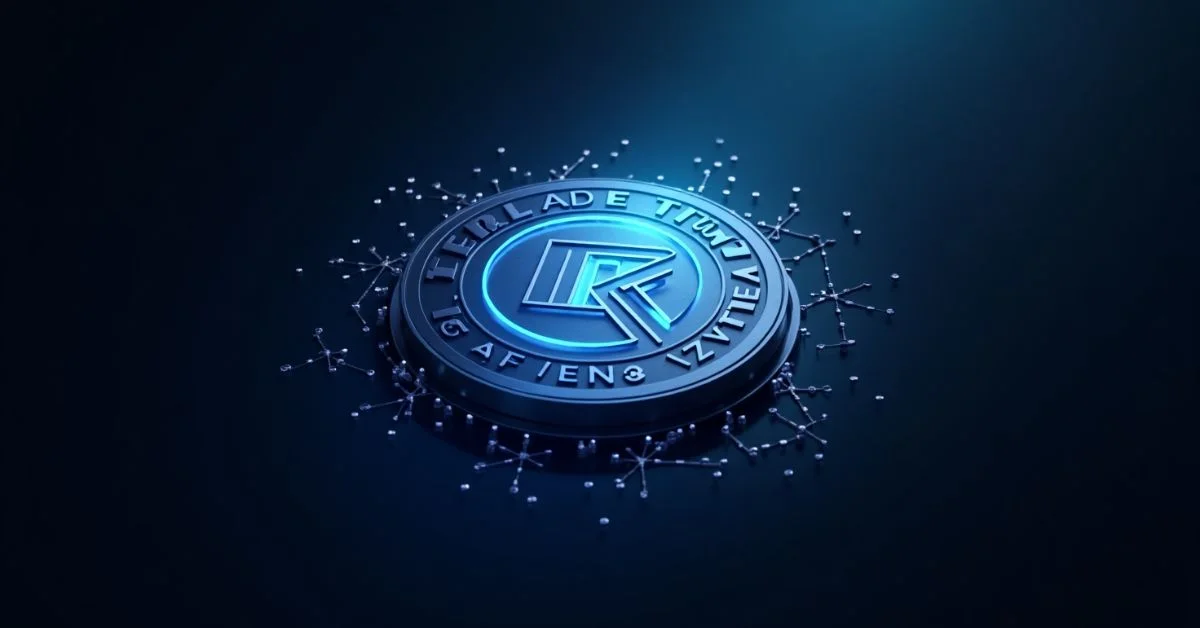In an age where digital marketing is the lifeblood of many businesses, legal troubles involving advertising agencies can create major ripples. One such case making headlines is the Drive Social Media lawsuit. Whether you’re a small business owner, a digital marketing enthusiast, or just curious about the world of advertising, this case offers essential lessons.
A Closer Look at a Rising Legal Dispute in Digital Marketing
The Drive Social Media lawsuit involves legal action against Drive Social Media, a St. Louis-based digital marketing agency. Filed in 2024, the case centers on claims from clients and former employees alleging deceptive practices, breach of contract, and unethical behavior. This lawsuit isn’t just about one company it’s a wake-up call for the digital marketing industry, highlighting the need for accountability in an era where online presence is everything.
Who Is Drive Social Media?
Drive Social Media specializes in social media advertising, SEO, and content creation. Founded over a decade ago, it promises high returns on investment (ROI) through data-driven campaigns. Its clients range from small businesses to large corporations.
A Quick Overview
Drive Social Media is a digital marketing agency headquartered in St. Louis, Missouri, with additional offices in cities like Nashville. They specialize in:
- Social media marketing
- Facebook and Instagram ad campaigns
- ROI-based marketing strategies
- Lead generation
- Content creation and branding
Their Business Model
Drive typically offers monthly marketing packages, sometimes bundled into longer contracts. Services include:
- Paid social media ad management
- Custom content and copywriting
- Video production
- Conversion tracking and analytics
- Dedicated account managers
Key Allegations
The lawsuit includes several serious accusations. Here’s a breakdown of the main claims:
1. Deceptive Advertising
Plaintiffs argue Drive exaggerated campaign results. They allege the agency used inflated metrics, like fake engagement data or bot traffic, to lure clients. For example, one client claimed promised “high engagement” never materialized.
2. Breach of Contract
Clients say Drive failed to deliver agreed-upon leads. Contracts guaranteed minimum lead counts, but plaintiffs claim they received low-quality inquiries instead. Internal emails suggest staff reclassified poor leads to meet targets.
3. Unethical Billing Practices
Some clients report hidden fees, unapproved charges, and high termination costs. These practices allegedly trapped businesses in unprofitable contracts, even when results were poor.
4. Labor Violations
Former employees accuse Drive of unpaid wages, excessive workloads, and unfair labor practices. They claim the agency violated the Fair Labor Standards Act (FLSA) by not compensating overtime.
Real-World Example: A Small Business’s Struggle
A bakery owner in Ohio, part of the lawsuit, signed with Drive expecting 500 monthly leads. After six months, they received only 100 low-quality leads, yet faced a $10,000 termination fee to exit the contract. This case highlights the financial strain plaintiffs faced.
Drive Social Media’s Response
Drive Social Media denies all allegations. The company claims clients misunderstood analytics and ROI timelines. They argue contracts were clear, and performance metrics were fully disclosed. Drive attributes campaign shortfalls to external factors like algorithm changes.
Drive’s Defense Strategy
- Transparency: Drive says it provided unlimited access to marketing policies and data.
- External Factors: The agency blames market shifts and social media algorithms for results.
- Legal Countermeasures: Drive is actively fighting the claims, submitting motions in court.
Public Relations Efforts
To counter negative publicity, Drive has revamped its website and released client testimonial videos. These efforts aim to rebuild trust while the lawsuit unfolds.
Drive Social Media Lawsuit Is a Big Deal
This case is more than a legal spat it’s reshaping how businesses view digital marketing. Here’s why it matters in 2025:
1. Trust in Digital Marketing
The lawsuit has eroded trust between brands and agencies. Businesses now question whether marketing partners deliver honest results.
2. Industry-Wide Impact
The case highlights the need for ethical practices. It’s pushing agencies to adopt transparent reporting and fair contracts to avoid similar disputes.
3. Regulatory Scrutiny
Regulators are watching closely. The lawsuit may lead to stricter rules on advertising standards and data privacy, affecting the entire industry.
4. Lessons for Businesses
The case teaches companies to vet agencies carefully. Clear contracts and performance tracking are now must-haves for partnerships.
5. A Cautionary Tale
A fitness studio in Texas, another plaintiff, lost $20,000 on a Drive campaign that promised 1,000 new clients but delivered only 50. This example shows why businesses are demanding accountability.
Understanding the Legal Terms
Let’s break down some complex legal terms related to the Drive Social Media lawsuit:
1. False Advertising
When a business makes a claim that is deceptive or misleading. For example, saying, “We guarantee a 5x ROI” without being able to prove it could be considered false advertising.
2. Breach of Contract
If one party fails to do what they promised in a written agreement, it can result in a breach of contract. In the Drive lawsuit, clients claim that promised deliverables were not fulfilled.
3. Fraud
Fraud involves intentionally deceiving someone to gain financially. Clients allege that they were misled into believing Drive would deliver specific results, which they say never materialized.
4. Unfair Business Practices
This refers to unethical or deceptive practices that harm consumers. In this case, clients allege Drive used aggressive renewal clauses and refused cancellations.
How the Drive Social Media Lawsuit Affects Different Groups?
The lawsuit impacts various stakeholders. Here’s how:
1. Small Business Owners
- Financial Risk: Many plaintiffs are small businesses that lost thousands on underperforming campaigns.
- Caution: Owners are now more skeptical of bold marketing promises.
2. Digital Marketing Agencies
- Reputation: Agencies face pressure to prove ethical practices.
- Reforms: Many are revising contracts and reporting to avoid lawsuits.
3. Consumers
- Trust Issues: Consumers may doubt the authenticity of online ads.
- Awareness: The case raises awareness about deceptive marketing.
4. Employees
- Labor Rights: Former employees’ claims highlight workplace issues.
- Advocacy: The lawsuit encourages workers to speak out about violations.
Legal Details and Current Status
As of May 2025, the Drive Social Media lawsuit is in the discovery phase. Both sides are exchanging documents, and depositions are scheduled. A class-action designation is under consideration, which could escalate the case.
1. Key Legal Principles
- Contract Law: Did Drive breach agreements by failing to deliver promised results?
- Consumer Protection: Did deceptive practices violate laws like the Federal Trade Commission (FTC) regulations?
- Labor Law: Did Drive violate the FLSA with unpaid wages?
2. Possible Outcomes
- Settlement: Drive may settle to avoid further reputational damage.
- Trial: A court ruling could set a precedent for marketing lawsuits.
- Regulation: The case may spark new laws on digital advertising.
3. Timeline
- Mid-2024: Lawsuit filed by small business owners.
- Late 2024: Employee claims added.
- 2025: Discovery ongoing, with a resolution expected by late 2025.
The Marketing Agency Perspective
To be fair, it’s also important to understand the agency side.
What Drive Might Argue
Agencies often argue that:
- Results aren’t guaranteed marketing always carries some risk.
- Clients may misunderstand performance metrics.
- ROI takes time three months may not be enough to judge a campaign.
- The business’s own sales process or landing page may be the weak link, not the ads themselves.
Lessons for Business Owners
Whether you’re currently working with a marketing agency or looking to hire one, here’s how to protect yourself:
1. Read Contracts Carefully
- Look for clauses about cancellations, renewals, and penalties.
- Avoid locking into long-term contracts without an exit clause.
2. Ask the Right Questions
Before signing:
- What specific results are you promising?
- How long will it take to see ROI?
- Who owns the creative assets?
- How do you track conversions?
3. Verify Claims
If an agency shows you case studies, ask:
- Can I talk to a past client?
- Do you have real numbers and screenshots?
- Can I see performance reports before committing?
4. Monitor Performance Regularly
Don’t just “set it and forget it.” Track:
- Cost per lead (CPL)
- Return on ad spend (ROAS)
- Engagement vs conversions
The Broader Impact on the Digital Marketing Industry
The Drive Social Media lawsuit is part of a larger trend. Digital marketing is under scrutiny as businesses demand transparency. Here’s how the industry is changing:
1. Ethical Standards
Agencies are adopting clearer reporting and honest advertising to rebuild trust. Industry groups may set new ethical guidelines.
2. Regulatory Changes
The FTC and other bodies may tighten rules on deceptive marketing. This could mean stricter data privacy and billing standards.
3. Client Empowerment
Businesses are learning to negotiate better contracts and hold agencies accountable. Tools like analytics dashboards empower clients to track results.
5. Other Marketing Lawsuits
The Drive case echoes the 2023 “72 Sold lawsuit,” where a real estate firm faced similar claims of misleading metrics. Both highlight the need for transparency in performance-based marketing.
How to Avoid a Drive Social Media Lawsuit Scenario?

Want to steer clear of disputes? Here’s a guide for businesses and marketers:
For Businesses
- Research: Check an agency’s track record on platforms like BBB or Glassdoor.
- Ask Questions: Clarify timelines, goals, and risks before signing.
- Document Everything: Keep emails, contracts, and reports for evidence.
For Agencies
- Be Transparent: Share realistic projections and clear data.
- Train Staff: Ensure ethical sales and billing practices.
- Communicate: Regular client check-ins prevent misunderstandings.
Ethical Digital Marketing
The Drive Social Media lawsuit isn’t just about one company it reflects a growing issue in the digital marketing industry.
Common Red Flags
- “Guaranteed” results
- Locked-in, long-term contracts with no cancellation terms
- High-pressure sales tactics
- Unclear reporting
- Confusing jargon to hide poor performance
The Call for Regulation
As digital marketing grows, some experts argue it’s time for more regulation and industry standards, such as:
- Clear disclosure of metrics
- Easier exit options for clients
- Certified ethical practices
Impact on Digital Marketers and Agencies
The fallout from the Drive lawsuit sends a strong message to marketers: transparency, accountability, and performance matter more than ever.
Tips for Agencies
- Be clear and realistic in all pitches
- Document everything
- Educate clients on KPIs
- Use third-party tools for reporting
- Avoid overpromising or under-delivering
Client Rights in Marketing Agreements
As a business owner, you have rights. If you feel wronged by a marketing agency, here’s what you can do:
Step-by-Step Guide:
- Document Everything: Save emails, reports, invoices, and ads.
- Review the Contract: Highlight areas where promises weren’t met.
- Request Mediation: Try to resolve the issue privately first.
- File a Complaint: With the Better Business Bureau or local consumer protection agency.
- Consider Legal Action: If the damage is significant, consult a business attorney.
The Future of Digital Marketing Post-Lawsuit
What’s next for the industry after the Drive Social Media lawsuit? Here are trends to watch in 2025:
1. Transparency Tools
Agencies will adopt dashboards showing real-time campaign data. Clients can verify results independently.
2. Stricter Contracts
Contracts will include detailed KPIs and exit clauses to protect clients. Vague terms will become less common.
3. Ethical Marketing
Brands will prioritize agencies with proven integrity. Certifications for ethical practices may emerge.
4. Regulatory Oversight
New laws could mandate transparent billing and data use, reshaping how agencies operate.
5. A Shift Toward Trust
By 2026, expect a “trust-first” marketing model. Agencies that prioritize honesty will thrive, while those cutting corners face legal and reputational risks.
Conclusion
The Drive Social Media lawsuit is a pivotal moment for digital marketing. It exposes the risks of deceptive practices and underscores the need for trust and transparency. Whether you’re a business owner, marketer, or curious reader, this case offers lessons on choosing partners wisely and demanding accountability.










